When Lauren Rodgers first began training with Essex Police to become a Police Constable, many of her friends were taken aback. They said she would get sucked into a toxic culture. They said she would become part of the problem.
A string of high-profile scandals have rocked the British police in recent years, notably the abhorrent behaviour of officers Wayne Couzens and David Carrick.
A report helmed by Baroness Louise Casey earlier this year branded the UK’s largest police force – the Metropolitan Police – as institutionally racist, homophobic and misogynistic, citing a “failure across the system.”
So, it came as no surprise to Rodgers, 24, that her peers were less than thrilled to learn that she would soon be entering the ranks of the Met’s sister institution.
Younger demographics in the UK hold the country’s police force in the lowest regard, according to polling conducted by YouGov in February this year.
But this is an attitude that nascent officers such as Rodgers are hoping to change.
She is confident that a fresh intake of officers more in touch with the attitudes of modern youths is precisely what the force needs to rejuvenate its image.
“The problem mostly comes from older officers who have been on the job for decades – it’s all they know,” she declares “But there’s a difference between using dark humour to cope and being offensive. Everyone in my class is respectful and would make great officers.”
After the slew of national scandals, many would understandably be deterred from joining the police. However, the public condemnation galvanised Rodgers into enlisting.
“[Couzens and Carrick] abused their powers,” Rodgers concedes. “People like that shouldn’t be in the force. If I was working with someone like him the first thing I’d do is report them. I see honesty as a big part of the job now. It’s vital that officers own up to their mistakes.”
Baroness Casey’s 360-page report also found that austerity cuts “essentially threw women and the protection of women to one side” as it prioritised resources away from response teams that dealt with issues that predominantly affect women such as domestic violence.
The Office for National Statistics (ONS) found in 2022 that a higher proportion of adults aged between 20 to 24 years were victims of domestic abuse than those aged 55 years and above.
It also found that women were more than twice as likely to be victims of domestic violence than men.
More young women entering British police forces present an opportunity to redress this imbalance. Rodgers current cohort is made up of a majority of female officers.
She holds the conviction that officers such as herself are often best suited to respond to cases of domestic violence and sexual assault, as these crimes are largely perpetrated against young women.
Rodgers also seeks to challenge the patronising and often misogynistic public preconceptions towards female officers.
“I’ll get comments like ‘oh I can’t imagine you arresting someone’ or ‘you could never arrest me because I’m bigger than you,’ just because I’m a woman,” she says.
“They don’t understand that I’d have my team behind me. Gender is no barrier to effective policing.”
Although female representation within the force appears to be taking steps in the right direction, other young officers feel that progress has been slower in other areas, such as racial diversity.
According to Police.uk, the national website for policing in the UK, 97.4 per cent of the over 4000 sworn police officers in Essex Police are white. YouGov’s February poll found that ethnic minorities’ trust in British police is extremely low.
Black British trainee Junior Mayala, 38, has a clear vision of what UK police forces should be doing to address the issue.
Mayala is set to complete his training in October and is seeking to join a local community policing team.
“Community outreach is the best thing we can do to rebuild trust,” he says.
“The first interaction young people from ethnic minority backgrounds have is an important foundation for how they view the police.”
Mayala has been subject to stop and search or similar procedures 14 times before he signed up with the police.
Nonetheless, he enlisted after leaving a position at Barclays Bank in the City, as he valued a career in which he felt he could make a difference in people’s lives.
He also believes that it is important for the face of the country’s police to reflect the diverse face of modern Britain.
Though progress on this front leaves much to be desired, Mayala is confident that as more young officers like him enter the force’s ranks, the UK’s police will gradually be seen as an institution that works for all its citizens.
“This new wave of officers will someday take over from the last. I think it will rise above the controversies of the past.”
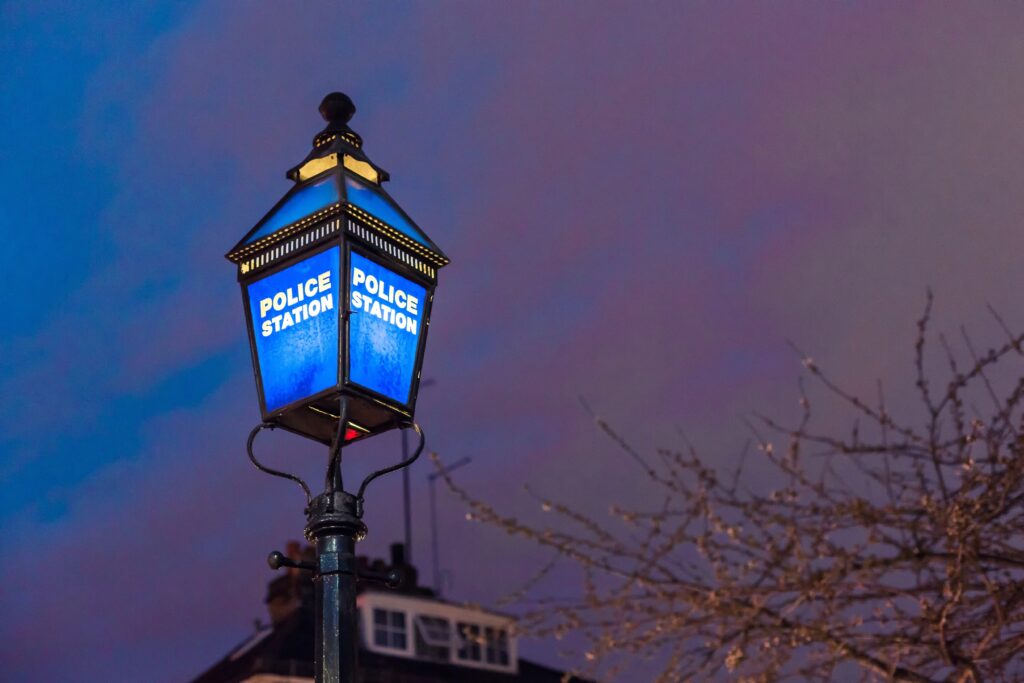
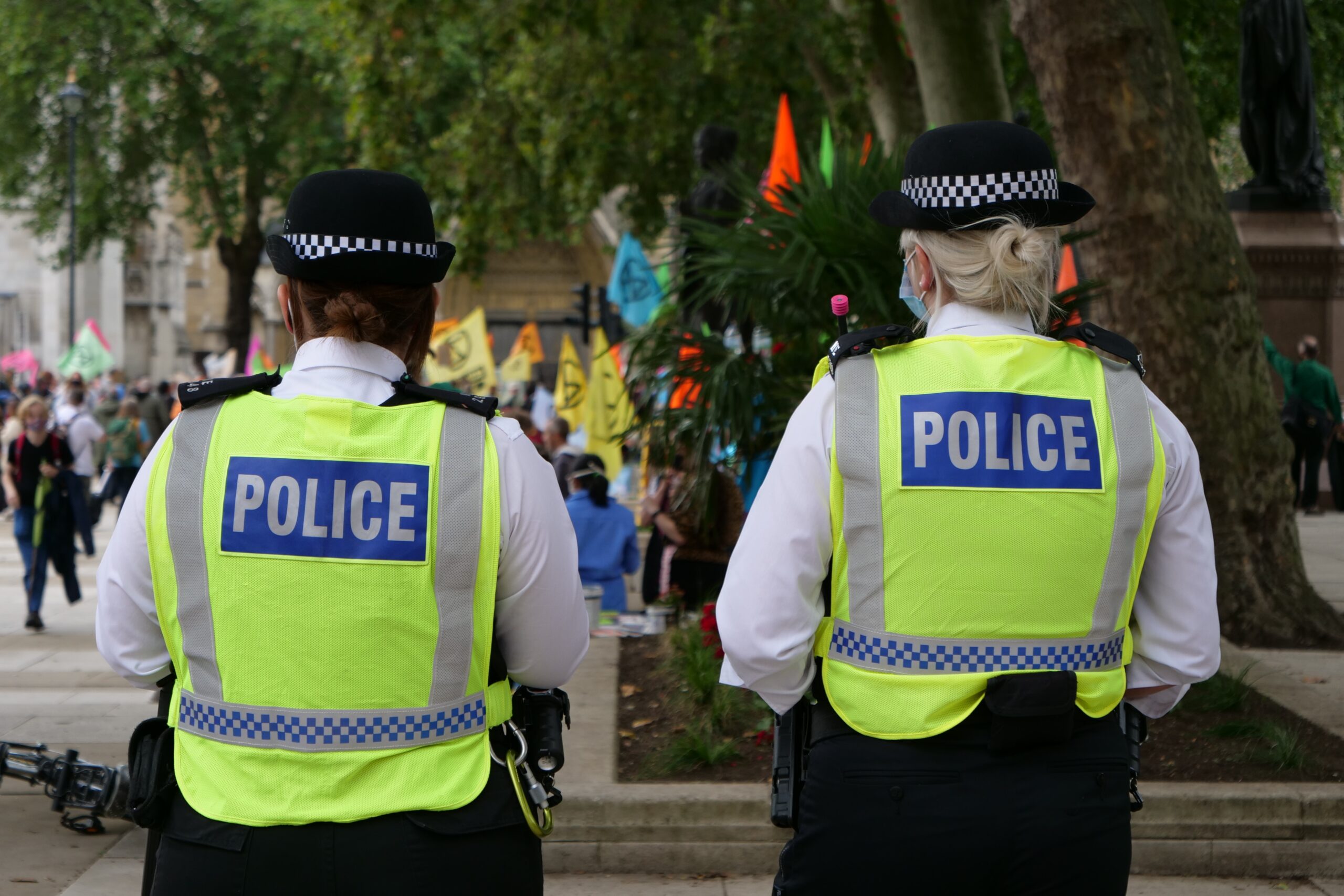


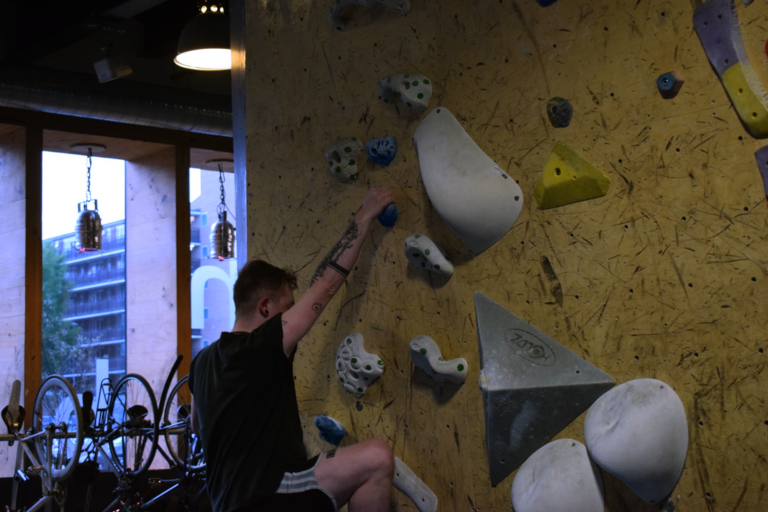
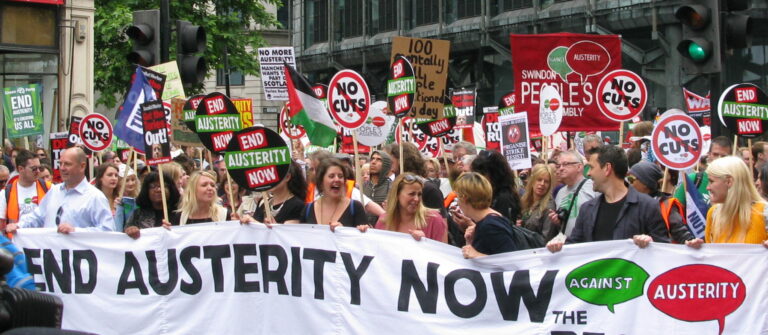
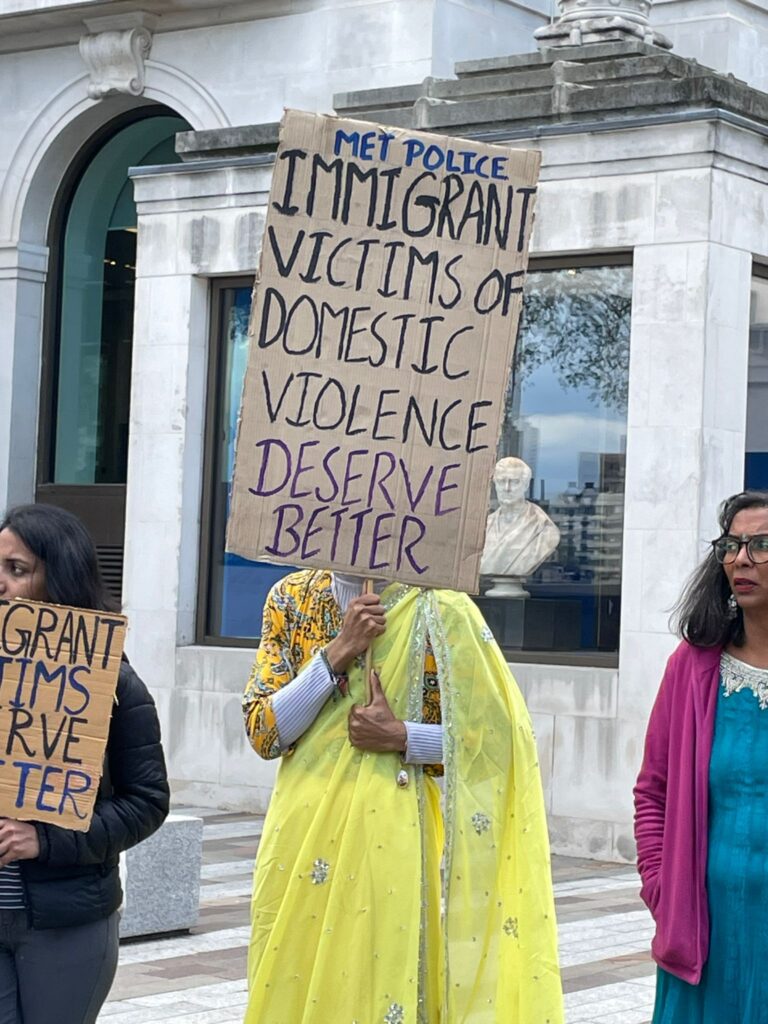
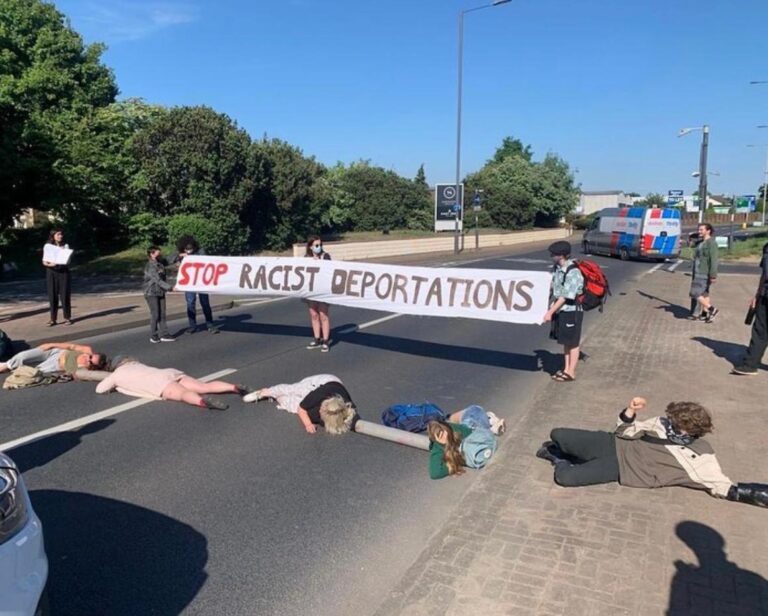


[…] Also Read : The new generation of British police […]